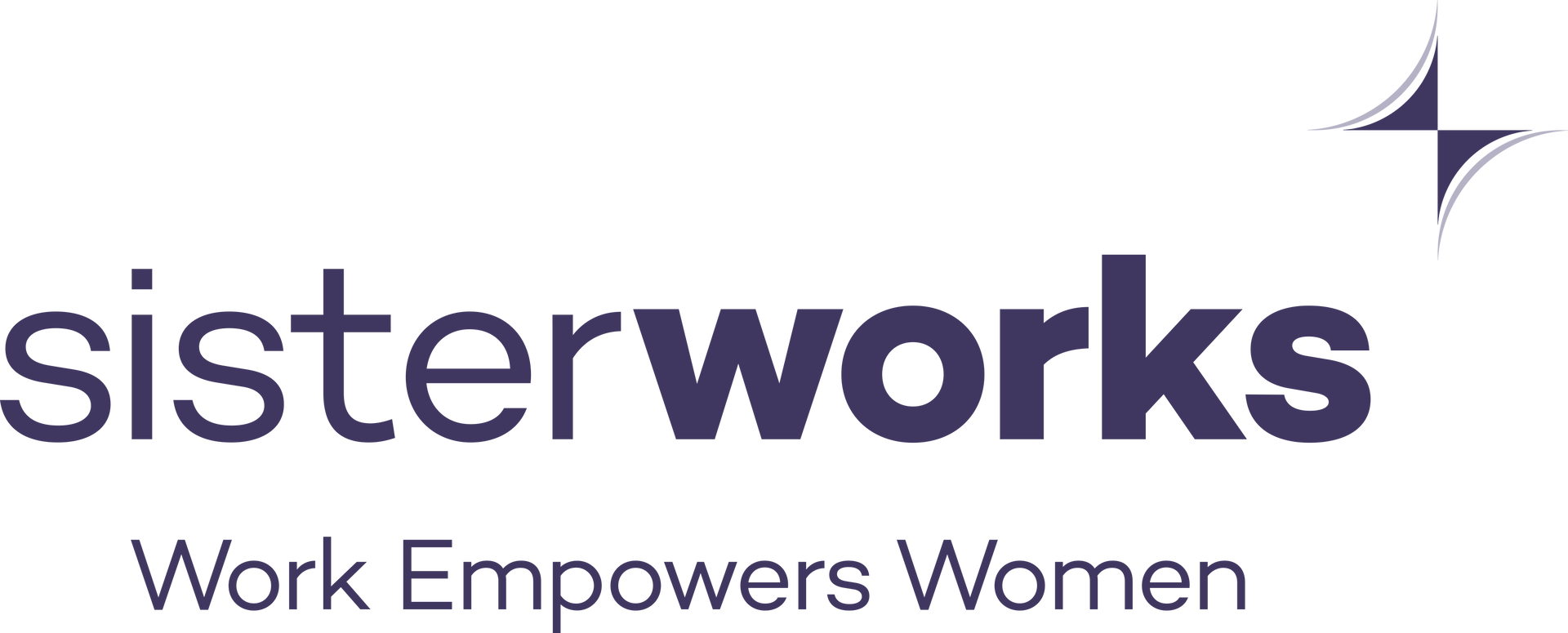Career pathways for mid-career Australian lawyers
Career pathways for mid-career Australian lawyers

In this article you will discover the traditional career paths for Australian lawyers. Read on to find out how your early career decisions may impact your future self.
Legal People is one of Melbourne’s leading specialist recruiters in the legal industry. We have been in operation for more than 50 years and our consultants have combined experience of more than 80 years. This is why we spend a lot of time talking to lawyers! We talk to them about their aspirations and career choices. We talk to them about what might be next for them and what they want out of a role.
In our experience many lawyers 'fall' into their area of legal specialisation in the earlier part of their careers. If this is you, and you're 5 or so years into your legal career, then it's a good time to consider your legal career options. You don't necessarily need to be feeling unhappy in your role, as it's a good idea to be proactive in how you plan for your next career move.
If you are thinking about changing your area of specialisation, as an example, we encourage you to make this change sooner rather than later. This is because it can be difficult to switch down the track. This situation can lead to career frustration when a lawyer starts to feel stuck in their career. They may find themselves looking for a new challenge or a chance to learn new things.
Read on to discover the traditional career paths for lawyers. This is useful if you are mulling over “what’s next?” in your own career.
1. Private practice
We find that in our experience lawyers in private practice take between 3-10 years to progress up the career ladder. Private Practice is the largest employer in the legal industry. The type of work involved is transactional, advisory or relating to litigation. It can vary in specialisation including the following:
- Banking and finance law
- Family law
- Employment law
- Criminal law
- Civil litigation
- Commercial law
- Environmental and planning law
- Intellectual property
- Human rights law
- International law
- Media law
- Wills and estate
- Tax law
- Real estate and property law
- Public and administrative law
The typical career progression tends to follow this path:
- Lawyer
- Associate
- Senior Associate
- Special Counsel
- Salaried Partner
- Equity Partner
Junior lawyers proving their worth tend to work very long hours. This is part and parcel of working in an environment where your time is billed in increments. It can be challenging but very rewarding financially. It can take between 10-12 years to become a Partner. Having said that, not all lawyers become equity Partners and it is common to find opportunities that offer flexibility and work life balance for experienced lawyers in private practice.
Can I switch between Defendant and Plaintiff firms?
In our experience defendant clients are often open to lawyers from private practice who have worked for plaintiff firms. It doesn’t seem to always work in reverse though. This is despite the fact that a lawyer might have transferrable skills or insider opposition tactical knowledge.
2. In-house counsel
Becoming in-house counsel can be an attractive career choice. Outside of graduate programs, this employer tends to recruit from private practice or the Government sector. Such a role comes with the benefits of understanding your single employer client inside out.
One thing to consider is that once you have several years under your belt in this sector, it can be difficult to transition out of in-house specialisation. This is because you are unlikely to have recent exposure to billable hours or time sheets. You may also not have had to deal with the needs and priority juggling involved in managing many clients.
An in-house counsel has to be across more than the law. They need to understand the company’s financials, assets and liabilities. They need to be across the organisation’s risk and compliance obligations. As a result many in-house counsels broaden their business acumen and gain commercial experience over time.
The promotion path looks like the following:
- Legal Counsel
- Senior Legal Counsel
- General Counsel (chief legal officer)
- In a large organisation there may even be a Group General Counsel
3. Government
We have found that this sector including, local, state and federal government attracts an analytical lawyer. Employers in this sector include statutory authorities and regulatory bodies. Lawyers might help research and draft legislation and policy. They offer advice and act on behalf of government ministers, departments and agencies.
The employment in this sector tends to be very stable. Government roles are often filled by lawyers with exposure to the private sector. Working conditions in this sector tend to be good.
The career pathway is as follows:
- Lawyer
- Senior Lawyer over time and with experience
- Policy Advisor
4. Not for Profit sector
In this sector a lawyer contributes to the community in an area they are passionate about. It is traditionally lower paid than private practice. There can be tax advantages in a salary package in this sector and roles tend to have some flexibility.
A practicing lawyer in the Not for Profit sector has the ability to contribute to issues that are important to them. It suits lawyers who are focused on helping disadvantaged people.
The not for profit sector sometimes attracts lawyers who are looking for a 3rd career. They may have achieved success in other areas and now want to give back to the community.
Types of firms
The type of firm a lawyer works for also has implications on their career path. Generally there are 3 types of firms:
Small:
2-5 partners. Working here gives a lawyer good exposure to all areas of the law that the firm specialises in.
Medium:
6-20 partners. This type of firm has a broad range of work and specialist divisions. Some lawyers manage to transfer from one division to another to broaden their experience in this type of firm.
Large:
More than 20 partners. Can be a global brand that offers international opportunities. These firms tend to have a very wide service offering particularly in relation to commercial law. Often the larger the firm, the more specialist your work is likely to be.
At Legal People when we meet with candidates we often find ourselves giving career advice. This can involve helping them to rewrite their CV so they are presenting the best version of themselves to an employer. We have helped candidates formulate their career achievements and highlight their transferrable skills. We also make sure they are not underselling themselves or limiting their career opportunities.
Do you have a career plan? Does it follow the traditional path or are you looking to break the mould? If you need help formulating your plan or in defining the next steps, get in touch because our experienced consultants can help.
Are you looking for a new and challenging role in the legal industry in Victoria? Legal People is your gateway to legal career opportunities. We are specialists in the Legal Industry. We recruit Lawyers, Support staff and HR professionals in Melbourne, Australia. If you enjoyed reading this article, you can follow our Company Page on LinkedIn for regular updates. To browse our currently available roles click here.














